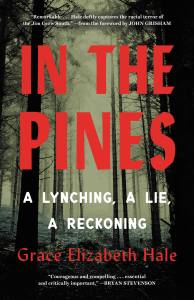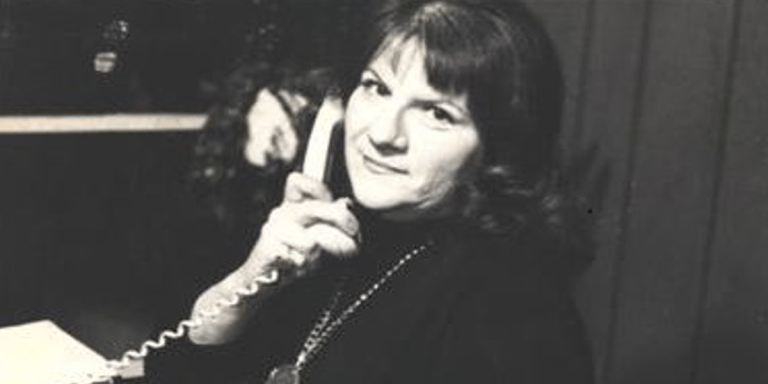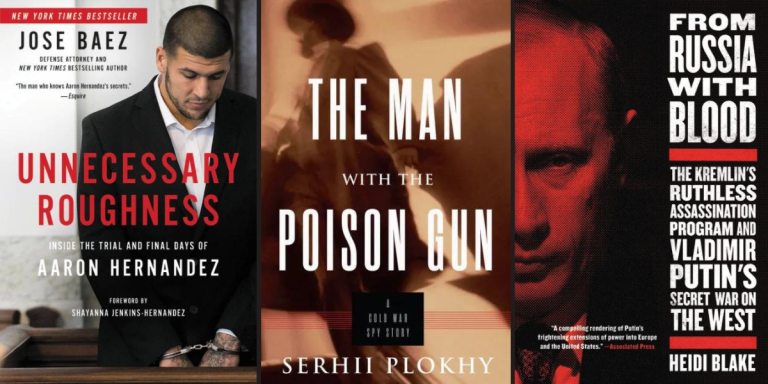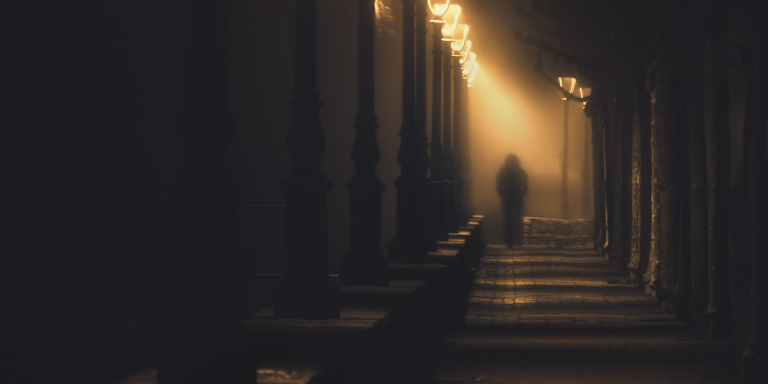A Lynching, A Lie, A Reckoning: Investigating Family With Grace Elizabeth Hale
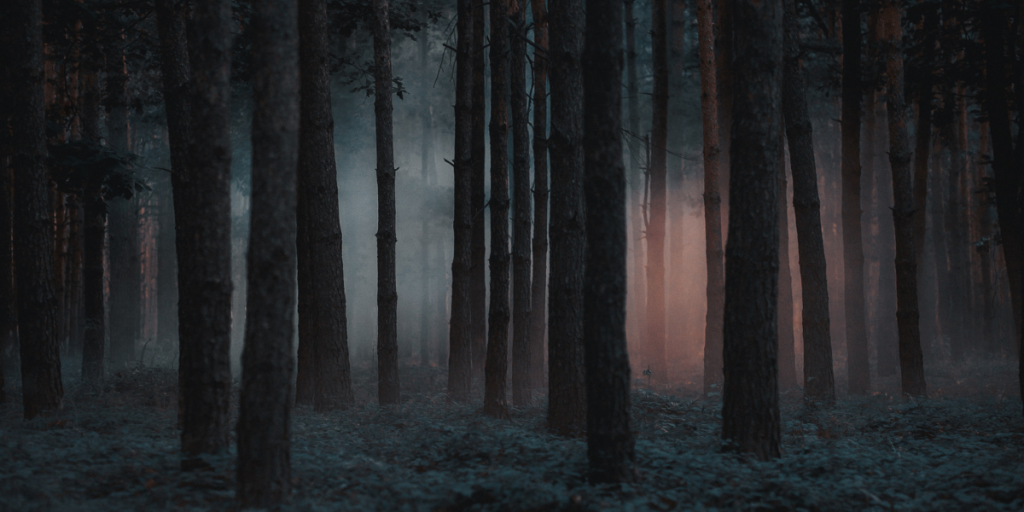
This story starts, as so many do, with a cold case. But rather than a detective, the investigator is a historian—me. The victim is a long-dead Black man named Versie Johnson. And the suspect, as it turns out, is my own grandfather: a small-town white sheriff in 1940s Mississippi.
How do you investigate your own family? For many years, I didn’t. No one wants to think a beloved family member might be a killer. And few people have the skills to probe a 1947 crime. But that excuse did not work for me. My family’s story about the circumstances surrounding Johnson’s death nagged at me. I dug deeper and found clues that pointed to my grandfather. But it wasn’t until 2017, when white supremacist violence rocked my hometown of Charlottesville, that I realized I was going to be part of the problem unless and until I became part of the solution. And that meant confronting my family’s past head-on—and hoping, as I did, that I might finally deliver justice for the man I suspected my grandfather killed.
As a historian, I know how to sift through surviving documents for evidence and talk to people about long ago events. I know how to find out what happened in the past. I fell back on these skills as I began this intensely personal, and accordingly difficult, investigation.
My search for the truth began in the place where Versie Johnson died, rural Jefferson Davis County. In the chancery clerk’s office, I dug through property deeds, court records, the minutes of board of supervisors’ meetings, and the records of county spending. I also read back issues of the county’s long-standing weekly paper, The Prentiss Headlight. And I found out that in the 1940s, white officials were willing to lie to cover up crimes against Black people. But they were not willing to lie about how they spent the public’s money. County financial records and other details made it clear that the story of Versie Johnson’s death on the front page of that local paper was a lie. Additional clues, lifted from Johnson’s death certificate and from records of a perfunctory investigation into his killing, began to fill out the details of an alternate story about how Johnson had died.
Like detectives, historians also talk to who might have knowledge of a past event. After many conversations, I finally located a Jeff Davis County resident who remembered what had happened to Johnson all those years ago. Putting his account together with the other clues I had uncovered helped me figure out exactly what role my own grandfather had played in Versie Johnson’s death.
But the truth of a life is always about so much more than how a person dies. To know not just what my grandfather did but what this killing meant, what the people who had loved Versie Johnson had lost, I had to learn how he had lived.
While the uses of genetic records from genealogy sites to solve crimes is a new development, the use of genealogical records to uncover the past is not. As I traced Johnson and his family through census reports, draft registrations, and birth and death certificates, I learned his mother and father’s names and those of his seven older siblings. I discovered who had enslaved his relatives. And I found out where he lived, went to school, and worked. In this way, I filled out some of the contours of what his life looked like, what this crime meant to those who had loved him, and what the world lost when my grandfather killed Versie Johnson.
In the end, I did solve the case. Historians, like detectives, can do that. And my new book In the Pines tells that story. What I am struggling with now is how to live with the truth of the crime. How to reconcile my memories of a beloved grandfather with what I now know he did? No detective, no historian, has a playbook for that.
I try to ignore how Nina makes a mess just to watch me clean it up. How she tells strange lies about her own daughter. And how her husband Andrew seems more broken every day. But as I look into Andrew’s handsome brown eyes, so full of pain, it’s hard not to imagine what it would be like to live Nina’s life. The walk-in closet, the fancy car, the perfect husband.
I only try on one of Nina’s pristine white dresses once. Just to see what it’s like. But she soon finds out… and by the time I realize my attic bedroom door only locks from the outside, it’s far too late.
But I reassure myself: the Winchesters don’t know who I really am.
They don’t know what I’m capable of…
By clicking 'Sign Up,' I acknowledge that I have read and agree to Hachette Book Group’s Privacy Policy and Terms of Use
